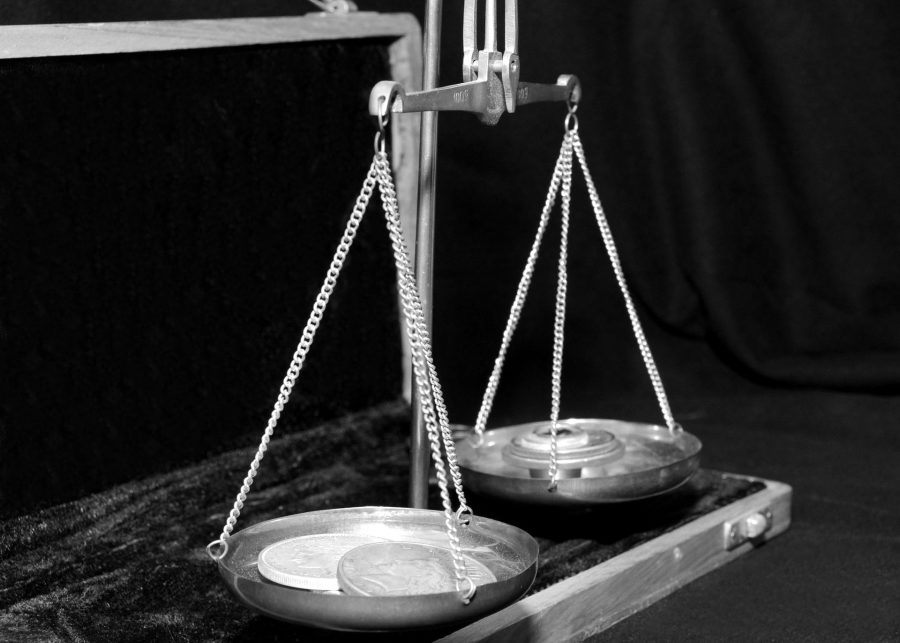I have had it verified by those in a position to know that among many economists in the city of Minneapolis, there is an view that can be summarized as;
General equilibrium good, partial equilibrium bad.
I would like to contest the second half of this view, and qualify the first half. Here, when I speak of general equilibrium, I am thinking of a typical dynamic, stochastic general equilibrium model. When I speak of partial equilibrium, I am including models of a single agent’s decision problem, such as the model of household decision-making that leads to the empirical consumption Euler equation. In both cases, I am thinking of models being taken to the data as opposed to models that are pure theory.
Why Partial Equilibrium Has an Advantage over General Equilibrium Models for Empirical Analysis
The basic problem with a general equilibrium model is that if any part of the model is misspecified, then inference (formal or informal) about the relationship between any other part of the model and the data is likely to be messed up. If that is not true, then the general equilibrium model is equivalent, or nearly equivalent to a partial equilibrium model, putting that partial equilibrium model and the general equilibrium model on an equal footing. (If a general equilibrium model is equivalent to a partial equilibrium model, then the general equilibrium aspect of the general equilibrium model is just window dressing.)
By contrast, a partial equilibrium model—say one that makes predictions conditional on observed prices—can be robust to ignorance about big chunks of the economy. For example, given key assumptions about the household (rational expectations, maximization of a utility function of a given functional form, absence of preference shocks, no liquidity constraints, etc.) the consumption Euler equation should hold regardless of how the production side of the economy is organized.

























